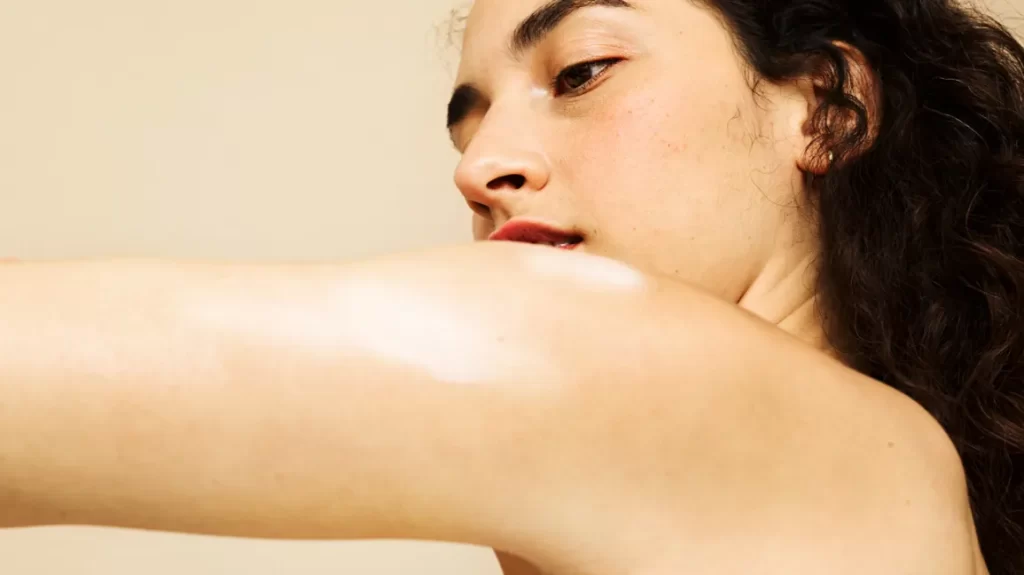If you have any side effects while using skin care cream, it is important to consult with your doctor. You should not continue to use the cream if you feel it is causing too much discomfort or if the reaction is making it hard to live a normal life. In some cases, side effects can be so severe that you can’t even continue using it.
Peptides
If you’re concerned about the side effects of peptides in your skin care cream, you’re not alone. Research suggests that peptides can reduce fine lines and wrinkles, improve skin tone, and reduce the effects of pollution on your skin. They’ve also been shown to decrease the breakdown of collagen and elastin, which keep skin firm, smooth, and bright. In addition, peptides can counteract the effects of high levels of stress, which can result in wrinkles.
Peptides are versatile ingredients that can be formulated into anything. They’re most effective in leave-on skin creams, serums, and lotions. And they can also work to reduce inflammation, which helps reduce the appearance of fine lines and wrinkles.
Formaldehyde
Formaldehyde is a chemical that has been linked to cancer. It is also used in the embalming process, and has been found in many skin care products. In addition to its toxicity, formaldehyde is also known to cause irritation. People with an allergic reaction to formaldehyde should avoid using these products.
Free Formaldehyde content in cosmetics is allowed in the USA and European Union, but the chemical is known to cause allergic reactions in both allergic and non-allergic individuals. It is toxic and is flammable at room temperature. In addition, formaldehyde has a strong odor and tends to polymerize. Despite the dangers, the FDA has not yet taken action to protect consumers in the United States. However, countries such as Sweden and Japan have banned the use of formaldehyde-containing products.
Kojic acid
Kojic acid is a key ingredient in many skin care products. It can help to combat free radicals and improve overall skin tone. It can also help prevent or treat certain types of skin infection. But there are a few side effects to consider when using kojic acid.
Kojic acid is not a good choice for people with sensitive skin. If you have a severe case of dry, chapped, or burned skin, it is best to avoid kojic acid. Also, you should avoid using kojic acid on broken, red, or irritated skin. If you do develop a reaction, you should contact your healthcare provider.
Hyaluronic acid
Hyaluronic acid is a sugar molecule that helps the skin retain water. When the skin is more moisturised, it looks smoother and is more resilient against the effects of time. Hyaluronic acid helps the skin hold on to more water and is one of the main components in skin care creams.
Hyaluronic acid is an ingredient that occurs naturally in the body. When used topically, it is a powerful moisturizing agent. It also comes in salt form, sodium hyaluronate, which is much more easily absorbed into the skin.
Hydroquinone
Hydroquinone is an ingredient found in some skin care creams. Although it is very effective at lightening dark skin, hydroquinone can also cause some unpleasant side effects. Before applying any hydroquinone-based skin care cream, you should first test it on a small patch of skin. After using the cream, wash your hands thoroughly to avoid spreading it. You should also avoid getting sunburned, as excessive exposure to sunlight can reverse the effects of hydroquinone treatment.
Hydroquinone is generally well tolerated by most skin types and can be safely used under a dermatologist’s supervision. However, people with very dry or sensitive skin may experience irritation with prolonged use of hydroquinone.


